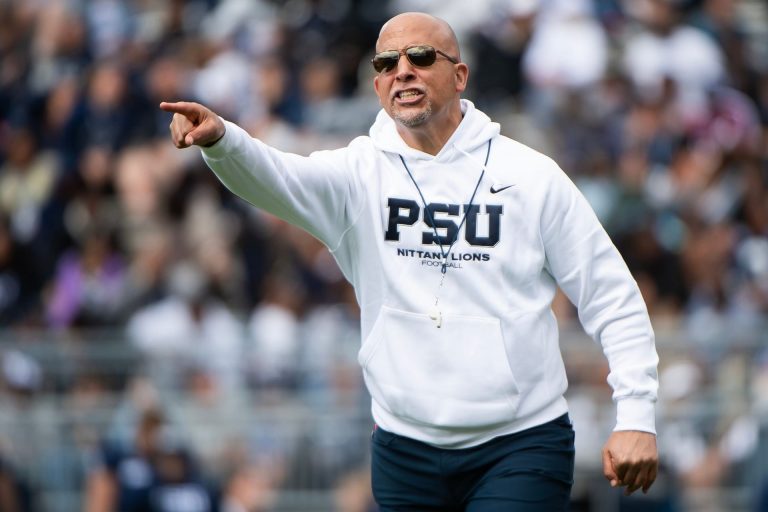Live Nation has submitted a proposal to the Trump administration, pushing for changes to the secondary ticket market.
The ticketing giant’s proposal calls for a cap on resale prices at 20% above face value, Variety reported Tuesday (July 8), citing Live Nation’s submission.
Live Nation is also proposing expanding artist control of ticket resales and strengthening government action against bad actors through enhanced website monitoring and stricter enforcement of the BOTS Act from 2016. The BOTS Act bans the use of automated systems to buy tickets.
Live Nation’s submission was reportedly delivered to the Department of Justice and Federal Trade Commission on the final day of their public comment period.
The proposal directly addresses President Donald Trump‘s March executive order targeting “unscrupulous middlemen” in live entertainment, “who sit at the intersection between artists and fans and impose egregious fees while providing minimal value.”
“Many assume the system is rigged… this industry deserves a system that protects the artist-fan connection the way the artist meant it to be, not as corrupted by profiteering interlopers.”
Live Nation
In the document reviewed by Variety, Live Nation wrote: “Many assume the system is rigged… this industry deserves a system that protects the artist-fan connection the way the artist meant it to be, not as corrupted by profiteering interlopers.”
Trump signed the “Combating Unfair Practices in the Live Entertainment Market executive order in March with rock-country musician Kid Rock standing by his side in the Oval Office. The order directs Attorney General Pam Bondi and the FTC to ensure the proper enforcement of competition laws in the concert and entertainment industry.
At the time, Kid Rock directed criticism at Live Nation-owned Ticketmaster, suggesting the ticketing giant benefits from secondary market sales at the expense of fans.
“If Ticketmaster sells a ticket and you buy a ticket and go to a show, you’re in a lot of ways their worst customer,” Kid Rock explained. “They make another 17 or whatever percentage every time that ticket resells, so they don’t want to enforce the BOTS Act necessarily because they’re making more money off it.”
Shortly after the executive order was signed, Live Nation issued a statement supporting it, saying: “Scalpers and bots prevent fans from getting tickets at the prices artists set, and we thank President Trump for taking them head-on. We support any meaningful resale reforms — including more enforcement of the BOTS Act, caps on resale prices, and more.”
Subsequently, in May, the DOJ teamed up with the FTC to launch a public inquiry to identify “unfair and anticompetitive practices and conduct in the live concert and entertainment industry.”
They invited members of the public to submit comments and information on “harmful practices and on potential regulation or legislation to protect consumers in the industry.” The agencies said they will use the information in their preparation of the report and recommendations directed by Trump’s March order.
Seperately, Live Nation faces a civil antitrust lawsuit filed by the DOJ and 40 state and district attorneys general. The DOJ and the attorneys general sued Live Nation and its subsidiary, Ticketmaster, in May 2024, alleging “monopolization and other unlawful conduct that thwarts competition in markets across the live entertainment industry.”
Music Business Worldwide







